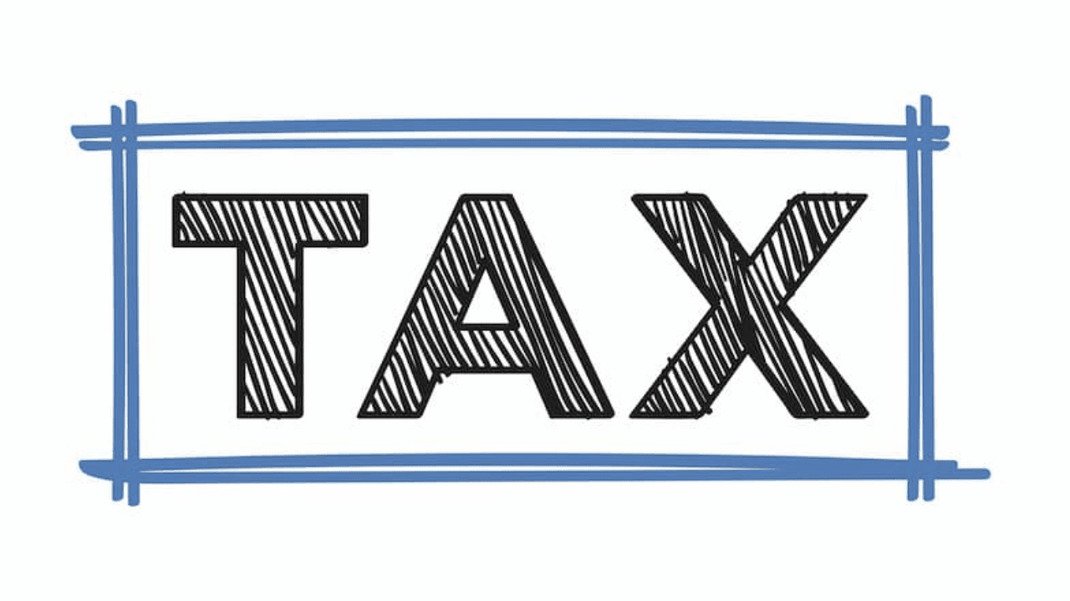
It's crucial to remember how company tax is calculated before discussing corporation tax changes the new rates. Companies can end their fiscal year on any day of the year. This is usually at the end of the month, but it is not always the case. Taxable profits (including non-trading income and capital gains) are computed and charged to company tax over the course of the year.
Our tax year in the United Kingdom ends on April 5th each year, whereas the corporation tax year finishes on March 31st. In recent years, the fiscal year has had little impact on corporate taxation because the corporation tax rate has remained constant. Companies with a financial year that does not match with the corporation tax financial year will have to conduct a calculation to allocate profits to each of the rates when the new corporation tax rates are implemented.
If the rate was 19% one year and 25% the following, an example for a corporation with a December year-end and a profit of £200,000 may be as follows:
2022 Financial Year: £200,000 x 90/365 £49,315 @ 19% = £9,370
2023 Financial Year: £200,000 x 275/365 £150,685 @ 25% = £37,671
Total Tax: £47,041 (effective rate of 23.5%)
Corporation Tax Changes - New Rates
With effect from April 1, 2023, the main rate of company tax will be raised to 25% from the current rate of 19%. However, unlike previous years, small businesses with taxable income under £50,000 will continue to pay a 19% corporation tax rate. As a result, the tax rate for small businesses with minimal profits will remain unchanged. Profits of more than £250,000 will be taxed at the full rate of 25%.
Marginal Rates
For the past few years, calculating company taxes has been simple. We are now entering a new environment, one that resembles the awful old days, in which marginal relief must be estimated between 19% and 25%. If a company's total taxable profits are between £50,000 and £250,000, this rule will apply.
On the amount of profits that are less than £250,000, marginal relief will be paid at a rate of 3/200. An example is the greatest method to demonstrate this. The calculation of marginal relief for a corporation with a March 2024 year and profits of £100,000 is as follows:
Full rate of tax: £100,000 @ 25% = £25,000
Less marginal relief: (£250,000 – £100,000) @ 3/200 = £2,250
Total Corporation Tax Payable: £22,750
Effective Corporation Tax Rate of 22.75%
New Rules for Associated or Connected Companies
One important point that has gone unmentioned so far is that the new small company rates’ £50,000 and £250,000 limits are shared among all "associated" companies. When these linked company rules were effectively removed in 2015, business owners and accountants all sighed a sigh of relief. They are, however, back and can have a severe impact on the owners of several businesses.
The laws governing connected firms are complicated, but they basically say that a company is associated if one of them owns or controls the other. An individual with control often holds more than 50% of the company's shares.
These rules can have a significant impact. Higher corporation tax rates are now being combined with the potentially problematic effect of related firms. Because of the company tax hike, the total tax bill will be significantly greater. Associated firms, if not thoroughly analysed, might result in even larger corporate tax costs.
Finally, it is also important to be aware that if a company's accounting period covers the new rate start date of April 1, 2023, profits will be split between those earned in the tax year 2022, which will be taxed at 19%, and those earned in the tax year 2023, which will be taxed at 25%. The exact rate due for earnings in the new tax rate period will be determined by the upper and lower profit limitations. Make it a priority to grasp the implications if this situation could apply to your firm.
Setting corporation calculations aside, at Corporation Tax Rebates we know that business owners want to hold on to as much of their hard-earned profit as possible! This is why we have made it our mission to ensure all businesses have the opportunity to request a corporation tax rebate based on data risk and compliance.
Non-compliance with GDPR can mean companies face hefty compensation claims as well as fines. At CTR we help mitigate the risk through data compliance and by calculating and applying a provision in a company’s accounts. This can result in a reduction in corporation tax owed. We can claim tax back for companies who have paid out more than £20k in the last two years. If this applies to you contact us today on 0333 3661097 or start your application here.